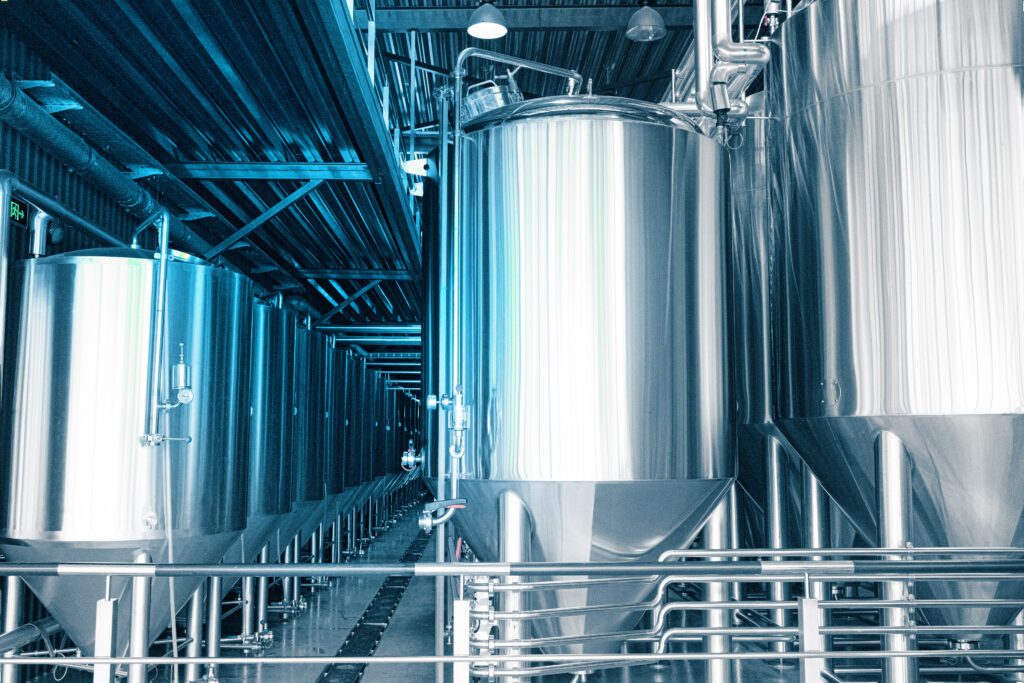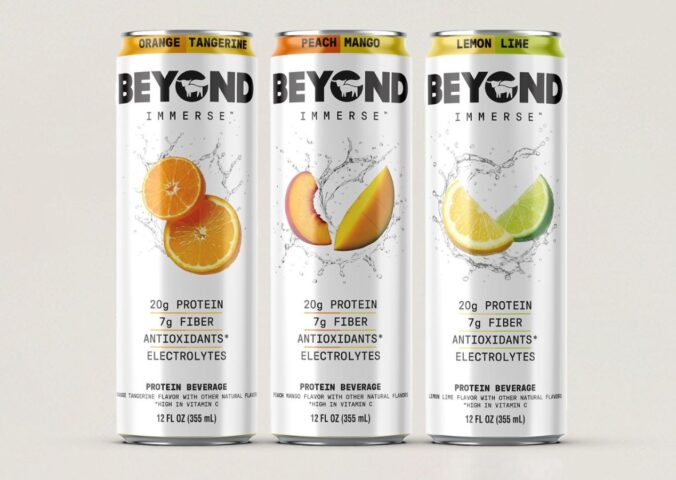Advancements in food technology are rapidly transforming how we produce and consume food, offering a glimpse into a future where animal products might be entirely replaced by their vegan counterparts. One of the most promising developments in this sector is the rise of precision fermentation, a method that could potentially turn the world vegan – or mostly vegan – by producing animal proteins, fats, and other nutrients without the need for animals.
Read more: Bill Gates-Backed Company Makes Butter From CO2
Mic the Vegan, a prominent YouTuber known for his science-based approach to veganism, recently released a comprehensive video exploring this revolutionary technology. In the video, he delves into how precision fermentation and other emerging food technologies are making it possible to produce animal-like products without the environmental and ethical drawbacks associated with traditional animal agriculture.
What is precision fermentation?
Precision fermentation is a cutting-edge technology that allows scientists to program microorganisms, such as yeast or bacteria, to produce specific proteins, enzymes, and fats. By editing the genes of these microbes, researchers can direct them to produce substances identical to those found in animal products. These products can then be harvested and used in food production, creating alternatives that are virtually indistinguishable from their animal-derived counterparts.
In his video, Mic the Vegan covers several key topics, including how precision fermentation differs from traditional and biomass fermentation. He explains that while traditional fermentation is used in processes like brewing beer or making yogurt, precision fermentation is far more targeted. It allows for the creation of specific molecules, such as proteins or vitamins, that can be used in food production. Mic highlights examples like heme iron, which is used in the Impossible Burger to replicate the taste and texture of meat, and precision-fermented whey protein, which companies like Perfect Day use to produce vegan dairy products.
Read more: Cultivated Meat For Companion Animals Approved In The UK
Better for the planet
Beyond these examples, Mic discusses the environmental benefits of precision fermentation. Traditional animal agriculture is resource-intensive, requiring large amounts of water, land, and feed. In contrast, precision fermentation is highly efficient. Additionally, it produces fewer greenhouse gases, making it a more sustainable option in the fight against climate change.
Mic also touches on the broader implications of this technology, such as the potential for producing vegan alternatives to honey, silk, and palm oil. He notes that companies are already using precision fermentation to create honey without bees, silk without silkworms, and palm oil without the deforestation that threatens species like orangutans. These innovations not only reduce animal suffering but also address significant environmental issues.
Precision fermentation challenges

Despite its potential, Mic acknowledges that precision fermentation faces challenges, particularly in terms of public perception and regulatory approval. Some consumers are hesitant to embrace lab-grown food, associating it with unnatural processes. However, he points out that history has shown that once people understand the benefits, acceptance follows. For instance, most of the rennet used in cheese production today is produced through fermentation, a technology that was initially met with skepticism but is now widely accepted.
Mic concludes his video by emphasizing the rapid growth in investment in this sector. In the first quarter of 2024 alone, fermentation-based companies raised $228 million, indicating strong confidence in the technology’s future. As research and development continue, the cost of producing these alternative proteins is expected to decrease, making them more accessible to the average consumer.
In summary, Mic the Vegan’s video provides an in-depth look at how precision fermentation and other emerging technologies could be the key to a more vegan future. By producing identical or superior versions of animal products without the environmental and ethical downsides, this technology has the potential to revolutionize the global food system. As more consumers and companies embrace these innovations, the dream of a world where animal suffering is a thing of the past may soon become a reality.
Read more: Start-Up Raises €2 Million For Plant-Based Microalgae Protein






